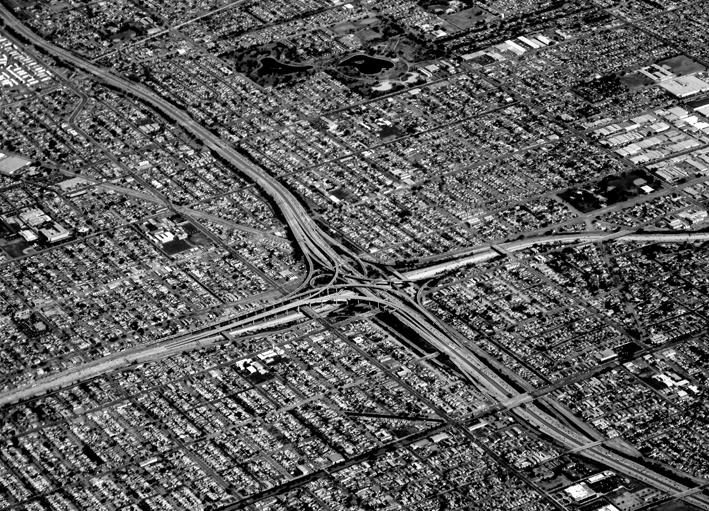

Laura HudsonDiscussions of animal rights tend to naturalize rights discourse, while discussions of animal philosophy tend to naturalize self/other relationships. In sum, our essay reveals how “waste” begins as civil society’s literal and figurative frontier only to become its internal and mobile limit in the contemporary era-a renewing source of jeopardy to urban life and economy, but also, in the banal violence and ironies of fin de millennium urbanism, a fiercely contested frontier of surplus value production.Ī Species of Thought: Bare Life and Animal Being (pages 1659–1678) The neologism “eviscerating urbanism” becomes our diagnostic tool to investigate both urban transformations in metropolitan India and their associated architectures for managing bodies and spaces designated as “wasteful”.

#Socio spatial dialectic definition series#
We trace its work on India through a series of historical cuts, and suggest that the travels and perils of waste give us a “minor” history of capitalist surplus-the things, places and lives that are cast outside the pale of “value” at particular moments as superfluity, excess, or detritus only to return at times in unexpected ways.

ReddyWe contend that “waste” is the political other of capitalist “value”, repeated with difference as part of capital’s spatial histories of surplus accumulation. The Afterlives of “Waste”: Notes from India for a Minor History of Capitalist Surplus (pages 1625–1658) Antipode, A Radical Journal of Geography, has just published a special three-article section on the Socio-spatial dialectics of “waste.” The articles follow a Marxist analytical framework and are nestled in a larger discussion of humans and/as “surplus.” Readers will find that authors are not experts of waste and its materialities, stocks and flows, but are using the ethics of wastefulness and the othering of waste as a trope to critique a larger socio-economic system that designates value, broadly speaking.


 0 kommentar(er)
0 kommentar(er)
